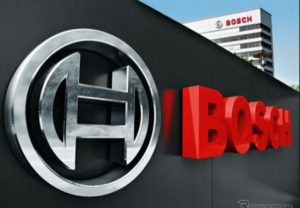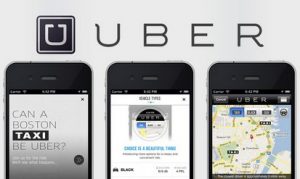ChargePoint in Europe: ChargePoint is looking to launch an initial public offering in the next five years as the company expands further into Europe, CEO Pasquale Romano told Reuters. 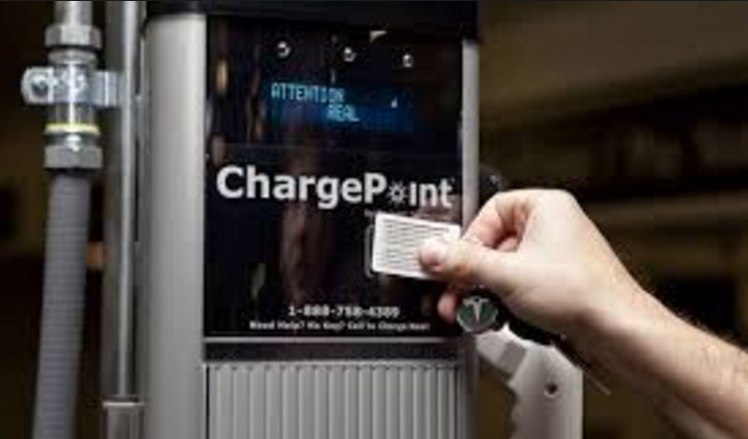 ChargePoint, operator of one of the world’s largest charging station networks for electric cars, joins other players in the game including utilities, engineering groups, automakers, and startups seeking to establish strong footing. BMW, Daimler, and Siemens already have a strong presence in Europe as demand continues to increase – and they see ChargePoint as an option to expand their networks. The charging company has so far raised about $300 million in funds, with Daimler and Siemens joining up this year. BMW first supplied funds in 2012. The company also operates about 40,000 charging spots in the U.S. and Mexico.
ChargePoint, operator of one of the world’s largest charging station networks for electric cars, joins other players in the game including utilities, engineering groups, automakers, and startups seeking to establish strong footing. BMW, Daimler, and Siemens already have a strong presence in Europe as demand continues to increase – and they see ChargePoint as an option to expand their networks. The charging company has so far raised about $300 million in funds, with Daimler and Siemens joining up this year. BMW first supplied funds in 2012. The company also operates about 40,000 charging spots in the U.S. and Mexico.
California AB 1184 moves forward: The California legislature is pushing forward a $3 billion program that could raise electric vehicle rebates up from the current $2,500 per vehicle all the way to $10,000 or more. It’s been approved by Senate and Assembly committees, and still needs to see legislative approval and the signature of Gov. Jerry Brown by the end of the current session in Sacramento on Sept. 15. The bill’s sponsor, Assemblyman Phil Ting (D-San Francisco), said Assembly Bill 1184 ties into the state’s initiative to reduce greenhouse gas emissions by 2030 to a level reached in 1990. “If we want to hit our goals, we’re going to have to do something about transportation,” he said.
Uber gets new CEO: Uber has named former Expedia chief executive Dara Khosrowshahi as its new CEO, according to two people familiar with the matter. It’s expected to help stabilize the ride-hailing company’s contentious battle in recent months that resulted in former CEO Travis Kalanick  leaving in June. Kalanick had been overseeing the company as it eventually reached $70 billion in estimated market valuation until a series of controversies took over this year – driving investors to shake up Uber management. Khosrowshahi has been an outspoken critic of the Trump administration’s immigration policy, which was another heated issue for Uber earlier this year. His family had immigrated to the U.S. during the Iranian revolution. Expedia, along with Amazon, became one of two technology companies to contribute declarations to a lawsuit filed by Washington State’s attorney general objecting to the travel ban executive order. That had focused on seven predominantly Muslim countries. Other finalists for the Uber CEO position include Jeffrey Immelt, the former chief of General Electric, and Meg Whitman, the chief of Hewlett Packard Enterprise, the sources said.
leaving in June. Kalanick had been overseeing the company as it eventually reached $70 billion in estimated market valuation until a series of controversies took over this year – driving investors to shake up Uber management. Khosrowshahi has been an outspoken critic of the Trump administration’s immigration policy, which was another heated issue for Uber earlier this year. His family had immigrated to the U.S. during the Iranian revolution. Expedia, along with Amazon, became one of two technology companies to contribute declarations to a lawsuit filed by Washington State’s attorney general objecting to the travel ban executive order. That had focused on seven predominantly Muslim countries. Other finalists for the Uber CEO position include Jeffrey Immelt, the former chief of General Electric, and Meg Whitman, the chief of Hewlett Packard Enterprise, the sources said.

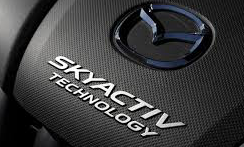 gnition. That will bring 20% to 30% more fuel efficiency than current models on the market with Mazda’s Skyactiv technology. The corporate sustainability campaign will shoot for 2019 to roll out the new Skyactiv-X and its first electric vehicle. That could be coordinated with its Toyota alliance for jointly developing EVs. Sustainable Zoom-Zoom is structured around reducing corporate carbon dioxide emissions, well-to-wheel, 50% by 2030 and 90% by 2050.
gnition. That will bring 20% to 30% more fuel efficiency than current models on the market with Mazda’s Skyactiv technology. The corporate sustainability campaign will shoot for 2019 to roll out the new Skyactiv-X and its first electric vehicle. That could be coordinated with its Toyota alliance for jointly developing EVs. Sustainable Zoom-Zoom is structured around reducing corporate carbon dioxide emissions, well-to-wheel, 50% by 2030 and 90% by 2050.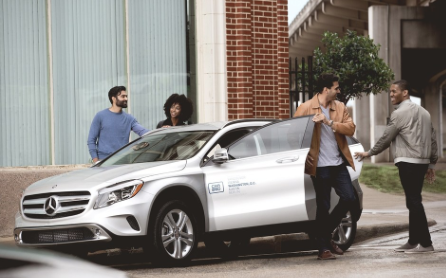 increased 40% year-over-year in the first half of 2017 compared to a year prior. That’s taking place at 11 North American locations with 4.5 million trips taken so far this year. Members are spending 33% more time traveling this year than last. The company is in discussions with other cities about car2go opening shop there, with the company emphasizing the environmental and economic benefits of using its one-way carsharing model.
increased 40% year-over-year in the first half of 2017 compared to a year prior. That’s taking place at 11 North American locations with 4.5 million trips taken so far this year. Members are spending 33% more time traveling this year than last. The company is in discussions with other cities about car2go opening shop there, with the company emphasizing the environmental and economic benefits of using its one-way carsharing model.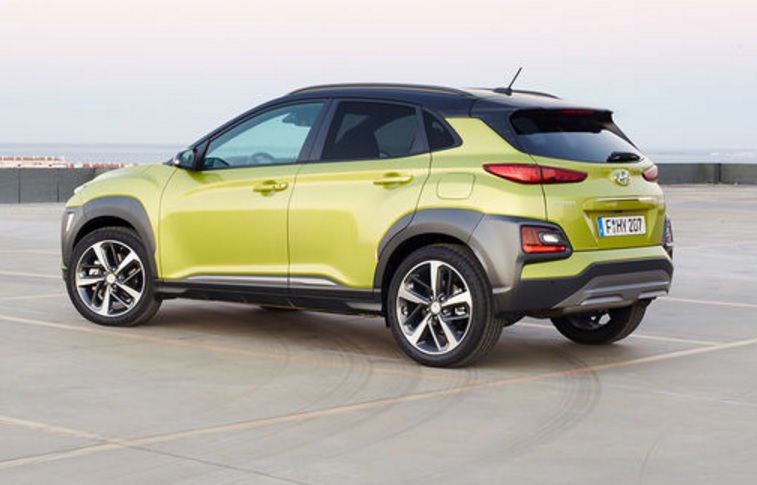 electrified options will be available and if any of those variations will come to the U.S. The all-electric model is supposed to come out in 2018 and will have range of about 240 miles; though that will likely be fewer miles in the U.S. under the Environmental Protection Agency rating. “Clean mobility is a core strategy of the Hyundai Motor Company in the future,” the company said during unveiling of the Kona in Seoul. It could join the Ionic as part of the Korean automaker’s ambitious global strategy for green vehicle introductions. All three electrified versions of the Ioniq were displayed on the freeway side of the Hyundai’s U.S. headquarters office recently.
electrified options will be available and if any of those variations will come to the U.S. The all-electric model is supposed to come out in 2018 and will have range of about 240 miles; though that will likely be fewer miles in the U.S. under the Environmental Protection Agency rating. “Clean mobility is a core strategy of the Hyundai Motor Company in the future,” the company said during unveiling of the Kona in Seoul. It could join the Ionic as part of the Korean automaker’s ambitious global strategy for green vehicle introductions. All three electrified versions of the Ioniq were displayed on the freeway side of the Hyundai’s U.S. headquarters office recently.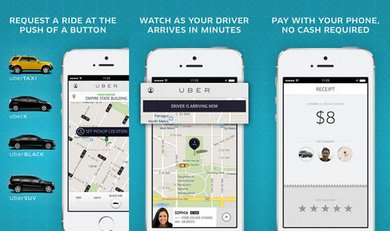 having one woman on the board often leads to more women joining, Bonderman said, “Actually, what it shows is that it’s much more likely to be more talking.” This followed news of CEO Travis Kalanick taking a leave of absence from the company, and a plan released by the company Tuesday that more accountability will be brought to executives for their actions. Huffington has been part of a panel investigating allegations made by a female ex-employee back in February over sexual harassment by an Uber executive. Earlier this month, Uber fired 20 employees over harassment, discrimination, and inappropriate behavior stemming from the February blog post by the female ex-employee. This has been a stormy year for Uber that includes an intensive court room battle with Alphabet’s Waymo subsidiary in its claims against Uber stealing its intellectual property for self-driving cars. Uber’s main U.S. competitor, Lyft, seems to be benefiting from the storm Uber is under, and continues to add partner companies to its future.
having one woman on the board often leads to more women joining, Bonderman said, “Actually, what it shows is that it’s much more likely to be more talking.” This followed news of CEO Travis Kalanick taking a leave of absence from the company, and a plan released by the company Tuesday that more accountability will be brought to executives for their actions. Huffington has been part of a panel investigating allegations made by a female ex-employee back in February over sexual harassment by an Uber executive. Earlier this month, Uber fired 20 employees over harassment, discrimination, and inappropriate behavior stemming from the February blog post by the female ex-employee. This has been a stormy year for Uber that includes an intensive court room battle with Alphabet’s Waymo subsidiary in its claims against Uber stealing its intellectual property for self-driving cars. Uber’s main U.S. competitor, Lyft, seems to be benefiting from the storm Uber is under, and continues to add partner companies to its future. All-new Leaf reveal: A Nissan executive says that the next-generation Leaf will be
All-new Leaf reveal: A Nissan executive says that the next-generation Leaf will be  It’s been a big year for breaking news on the clean mobility front, with General Motors investing a half billion in Lyft and Apple announcing last week that it’s investing $1 billion in Didi Chuxing Technology. Apple appears to be just as serious about investing in mobility services as is Silicon Valley neighbor Google and its self-driving car project.
It’s been a big year for breaking news on the clean mobility front, with General Motors investing a half billion in Lyft and Apple announcing last week that it’s investing $1 billion in Didi Chuxing Technology. Apple appears to be just as serious about investing in mobility services as is Silicon Valley neighbor Google and its self-driving car project.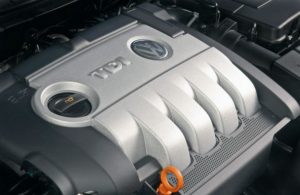 More on the Volkswagen diesel emissions scandal……… Frank Tuch, previously head of VW’s group quality control,
More on the Volkswagen diesel emissions scandal……… Frank Tuch, previously head of VW’s group quality control, 